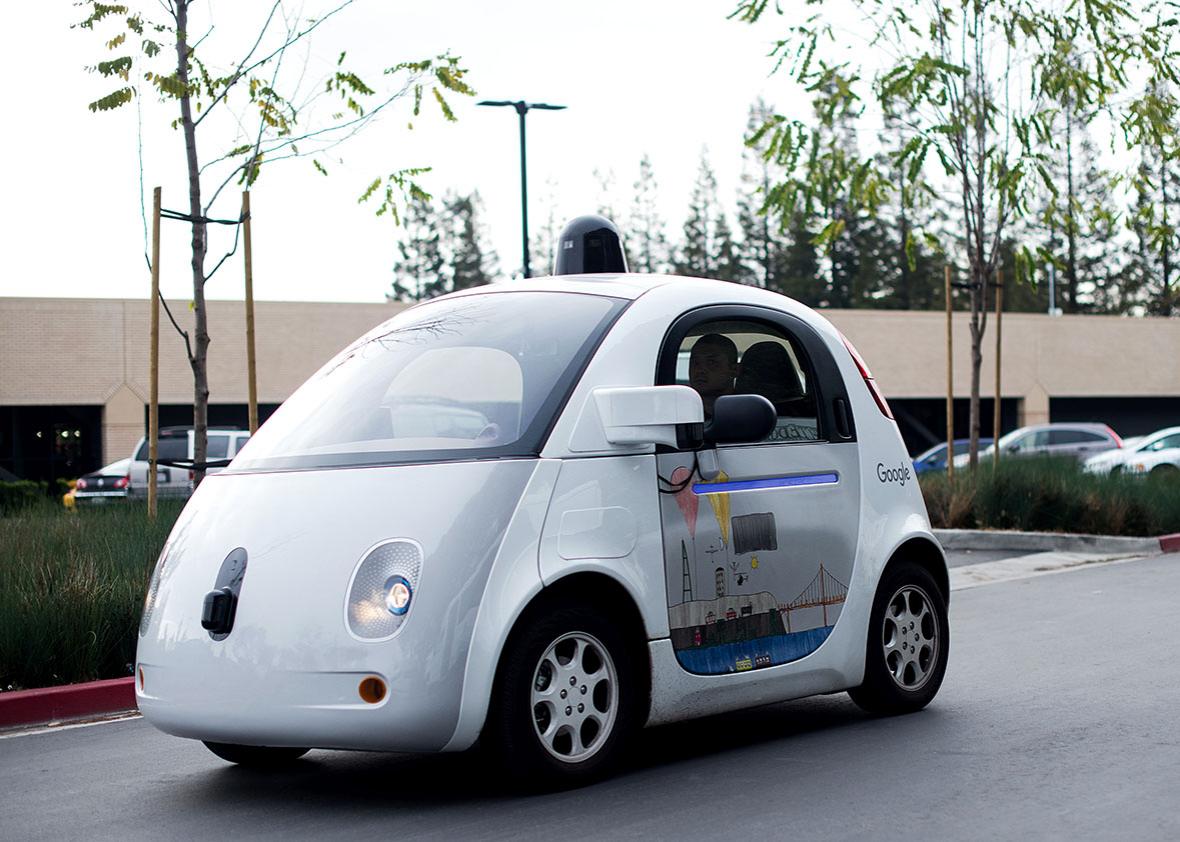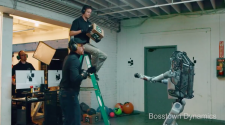An interesting phenomenon arises in Venezuela: it has been a fertile field for recruitment by technology companies that are looking for human drivers to complete the training of their artificial intelligences.
The story, here:
Desperate for work Venezuelans have discovered a new group of collective work platforms (or crowdworking) on-line. These companies, like Mighty AI, Playment, Hive and Scale, supply the driverless car industry and could be a new battleground in the debate over whether these freelancers should be considered employees.
Hundreds of thousands of Venezuelan workers signed up last year to work with these companies, and in some cases they represented as much as 75 % of the workforce of one of those companies. Even today, 75 % of search traffic to Mighty AI comes from a page that advertises jobs in Venezuela. Are companies don't pay more for data tagging than platforms like Amazon Mechanical Turk, but they offer a more stable source of income, thus granting a guarantee of safety to workers in a country where inflation recently hit 10 million percent. (Mighty AI did not respond to a request for comment for this article.)
Labeling pixels
It's no secret that artificial intelligence (AI) relies heavily on underpaid people to tag massive amounts of data. Those people do everything from transcribe voice recordings until identify NSFW images (not safe for work, not appropriate for the job). The new companies of crowdwork They are the result of increasing competition to develop autonomous cars and the high demand to train vehicles to see and navigate properly.
Otras tareas de etiquetado de datos, como crear un algoritmo para los resultados de búsqueda, tienen más margen de error. “Si se hace una consulta en un motor de búsqueda y tres de cada 10 resultados son malos, realmente no importa”, subraya Schmidt. “Pero a level of 30 % of incorrect answers would be totally intolerable in the traffic conditions“. El trabajo en sí puede ser más exigente también. Las cámaras a bordo de los coches registran una gran cantidad de información visual y las personas que etiquetan datos deben describir cada objeto de una imagen o vídeo.













No Comment